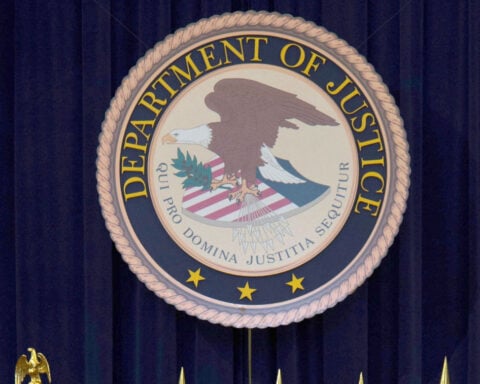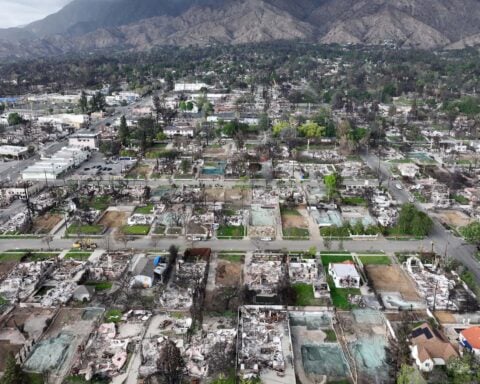Top Articles

Vacant lot in Riverside County becomes new home for controversial trailers
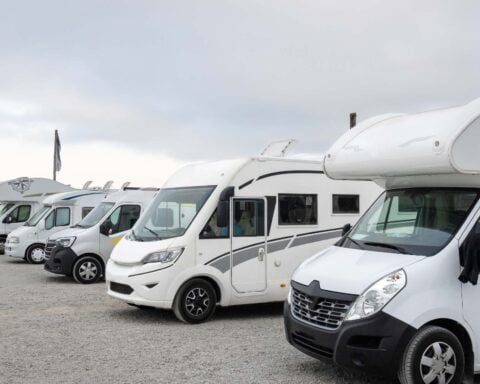
Cost of living is top concern in L.A. residents' quality of life: UCLA study

US News
See all »China vows to counter Trump’s ‘bullying’ tariffs as global trade war escalates
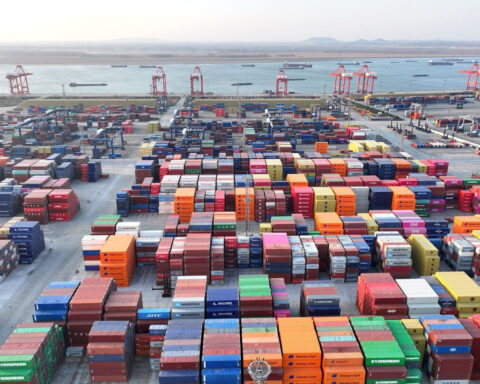
Key takeaways from Trump’s ‘Liberation Day’ tariffs
Former Costa Rican president who compared Trump to ‘Roman emperor’ says US has revoked his visa
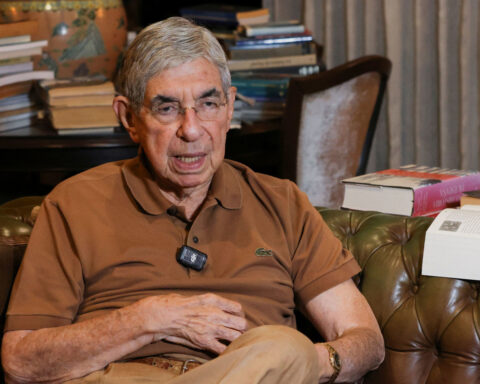
‘The most powerful type of liar’: Tapper asks Anna Delvey how she views her criminal past
World News
See all »Trump and Zelenskiy meet one-on-one in Vatican basilica to seek Ukraine peace

Former Costa Rican president who compared Trump to ‘Roman emperor’ says US has revoked his visa
The Taliban senses an opening as it pushes for diplomatic recognition in talks with Trump administration
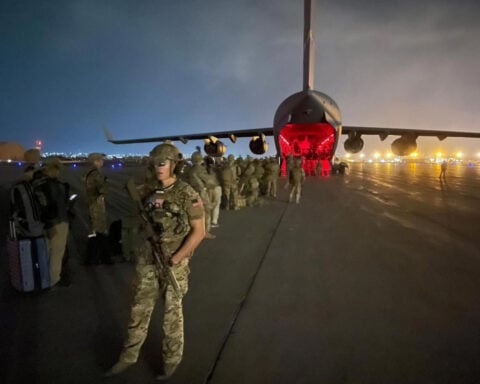
World leaders react to Trump's tariffs
Latest
US Treasury's Bessent urges IMF, World Bank to refocus on core missions
U.S.
Wall Street ends higher on earnings, hopes of easing tariff tensions
U.S. stocks rebounded on Tuesday as a spate of quarterly earnings reports and hints at the de-escalation of U.S.-China trade tensions brought buyers in from the sidelines.
See the moment Vatican announces death of Pope Francis
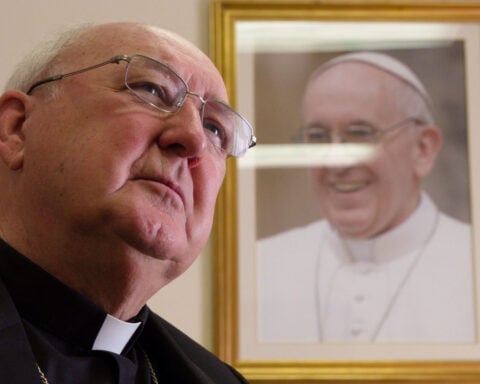
Former CDC official reveals why he left after RFK Jr. took over
CNN's Anderson Cooper speaks with former CDC communications director Kevin Griffis about his decision to step down after President Donald Trump's pick to lead the agency, Robert F. Kennedy Jr., took over.
Trump said he didn’t sign controversial proclamation. The Federal Register shows one with his signature
President Donald Trump downplayed his involvement in invoking the Alien Enemies Act of 1798 to deport Venezuelan migrants, saying for the first time that he hadn’t signed the proclamation, but that he stood by his administration’s move. The proclamation invoking the Alien Enemies Act appears in the Federal Register with Trump’s signature at the bottom. CNN’s Kaitlan Collins reports.
Cory Booker’s historic speech energizes a discouraged Democratic base

Trump's tariffs roil company plans, threatening exports and investment
Businesses around the globe on Thursday faced up to a future of higher prices, trade turmoil and reduced
Stock futures plunge as investors digest Trump’s tariffs
Stock futures plunge as investors digest Trump’s tariffs
Hear Trump break down tariffs on various countries
President Donald Trump announced during a speech at the White House plans for reciprocal tariffs. A group of countries will be charged a tariff at approximately half the rate they charge the United States.
California & Local
See all »Technology
See all »What to know about the battle for Russia's Kursk region

The best things come to those who wait. Here’s why being Mr. Irrelevant in the NFL draft is priceless.

Genetic medicine can leave people with rare mutations behind. But there's new hope

NASCAR’s Katherine Legge speaks out about torrent of online abuse

Lifestyle
See all »Woman says her son was severely injured after rescuing his daughters in apartment building explosion
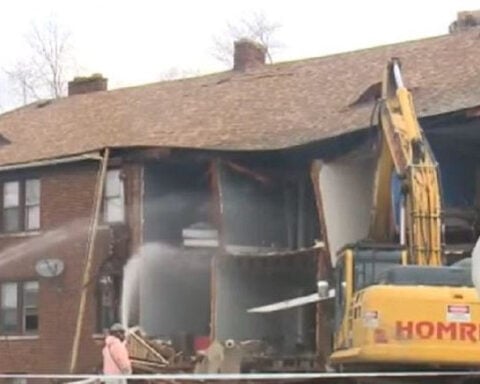
Shih tzu owner says her dog had to be put down after allegedly being hurt by groomer

Surveillance captures chaos as gunman opens fire at SW Miami-Dade warehouse; suspect, victims ID’d

Community supports family after explosive fire destroys home
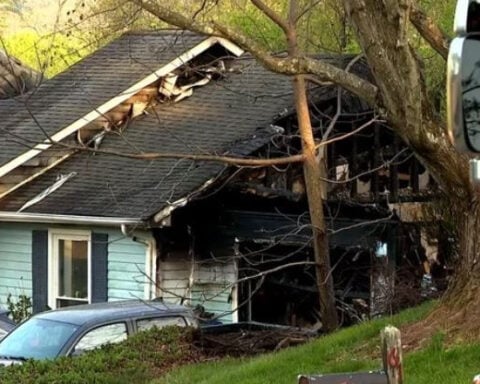
Entertainment
See all »Woman says her son was severely injured after rescuing his daughters in apartment building explosion

After a surprisingly long wait, Colorado QB Shedeur Sanders selected by Cleveland Browns in 5th round

Walt Jocketty, a former general manager of the St. Louis Cardinals and Cincinnati Reds, dies at 74
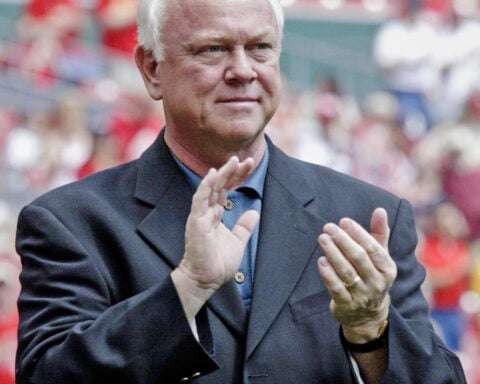
Ja Morant ruled out of Grizzlies' game against the Thunder in NBA playoffs


 Trump has begun another trade war. Here's a timeline of how we got here
Trump has begun another trade war. Here's a timeline of how we got here
 Canada's leader laments lost friendship with US in town that sheltered stranded Americans after 9/11
Canada's leader laments lost friendship with US in town that sheltered stranded Americans after 9/11
 Chinese EV giant BYD's fourth-quarter profit leaps 73%
Chinese EV giant BYD's fourth-quarter profit leaps 73%
 You're an American in another land? Prepare to talk about the why and how of Trump 2.0
You're an American in another land? Prepare to talk about the why and how of Trump 2.0
 Chalk talk: Star power, top teams and No. 5 seeds headline the women's March Madness Sweet 16
Chalk talk: Star power, top teams and No. 5 seeds headline the women's March Madness Sweet 16
 Purdue returns to Sweet 16 with 76-62 win over McNeese in March Madness
Purdue returns to Sweet 16 with 76-62 win over McNeese in March Madness
